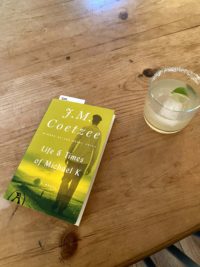
Though it was published almost 40 years ago and describes a fictional civil war in South Africa, J.M. Coetzee’s short masterpiece Life and Times of Michael K might have been written about the ragged and riven USA in 2021. It’s not escapist reading, but then we go to high literature less to escape reality than … Read More
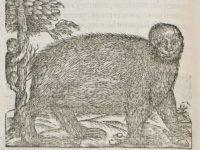
James Joyce would have approved of Lucy Cooke’s attempt to rehab the image of the sloth. A zoologist and founder of the Sloth Appreciation Society, Cooke argues that sloths get a bad rap. This unusual mammal—the world’s only “inverted quadruped”—derives its name from one of the seven deadly sins—“sloth”—a failing that’s drawn censure throughout history … Read More
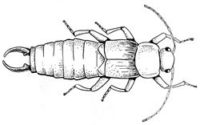
Franz Kafka’s The Trial and James Joyce’s Finnegans Wake arrived in English at almost the same time in the late 1930s,* two strange masterpieces without peer except for each other. They differ greatly in style but devote themselves conspicuously to the same agenda: the prosecution of their central characters in the surreal court of conscience … Read More
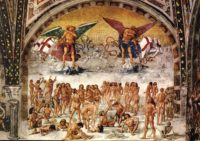
Rest in Peace. The phrase itself is a “dead metaphor”—so old and familiar, we no longer see it as metaphor at all. Rather, we see it as lamentable news of the most concrete, unvarnished fact of life: a death. But its root components in fact originate in an ancient metaphor, a comparison between sleep and … Read More
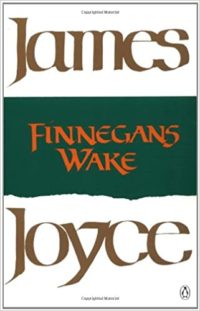
James Joyce’s fourth and final opus Finnegans Wake is a book so notoriously difficult to read that those who manage to finish it call it by a nickname conveying both dread and reverence: The Wake. In the movie Shine, Professor Parkes speaks of Rachmaninoff’s notoriously difficult piano concerto No. 3 in a similar way: “Well, … Read More
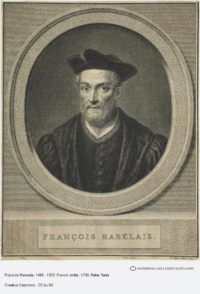
When I tell people I got my M.D. and then left medicine to become a fiction writer, they often say, “That was brave.” This is, I think, another way of saying, “You are obviously insane.” It’s perhaps particularly hard to walk away from medicine as a Jew. In Jewish families going back to Maimonides and … Read More

Nobody ever said a Trump presidency would be poetic, and it isn’t. From midnight tweets full of babyish interjections, to a press secretary who sometimes sounds like he’s reading a Ouija board, the English language has in a few short months taken a beating — much harsher, remarkably, than the one George W. Bush gave … Read More
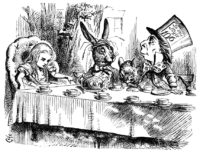
Unlike J.M. Barrie or A.A. Milne, Lewis Carroll grants no asylum to wistful acknowledgements that childhood must come to an end. The lost laughter of childhood needn’t be lost forever. Read more about Lewis Carroll’s nonsense humor at TheMillions.
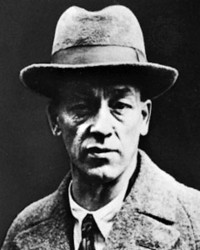
Irish playwright Seán O’Casey called him “the jesting poet with a radiant star in his coxcomb.” Eugene O’Neill asked him to name his children. James Joyce asked him to complete ‘Finnegans Wake’ should Joyce himself go blind. He published plays, novels, stories, and poems, including a series of them in The New Yorker in 1929, … Read More
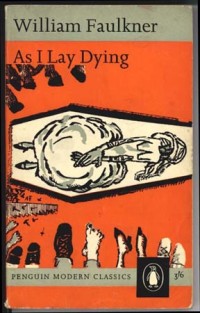
When William Faulkner arrived in Stockholm to receive his Nobel prize for literature he supposedly declared his occupation as “farmer.” (Inge p. 122) Which raises a question—what kind of farmer describes a road “heavy with sixty days of dust, the roadside undergrowth coated with heat-vulcanised dust … [standing] at perpendicular’s absolute in some old dead … Read More

The great modernists did not share postmodernists’ suspicion of science. Leopold Bloom, for example, the protagonist of James Joyce’s Ulysses, has physics concepts banging around in his head that reflect Joyce’s genuine curiosity about new discoveries in astronomy and other fields. In the Ithaca chapter of Ulysses, Bloom points out constellations in the night sky, … Read More

William Faulkner, the colossus of American modernism who often said he wrote “to depict the human heart in conflict with itself,” was not an overtly political writer, but I know what he would have made of our latest national demagogue, Donald Trump. Faulkner knew a redneck when he saw one and Trump is a redneck, even … Read More
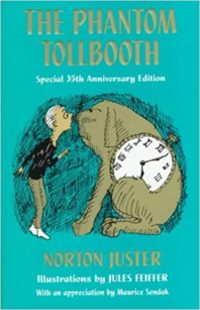
‘It’s a pattern really. So many of the progressive writers and illustrators of children’s books were Jews,” says Leonard Marcus, who does not usually concern himself with the old parlor game of counting famous Jews. Marcus is curator of the New York Public Library’s exhibit on children’s literature, “The ABC of It: Why Children’s Books Matter,” … Read More
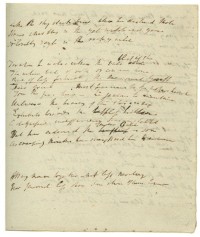
When I was in medical school, a GI surgeon opened a lecture with a statement I’m sure has never been uttered before or since. “I have a confession to make,” he said with a weird grin. “I love infected pancreatic necrosis.” This surgeon, who so enjoyed the debridement of dead pancreas, had an infamous temper … Read More
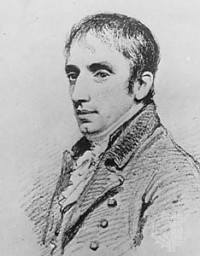
What’s the difference between a work of art and a dream? Literary critic Jacques Barzun gives a concise and convincing answer: “the difference between a work of art and a dream is precisely this, that the work of art leads us back to the outer reality by taking account of it.” (Quoted by Lionel Trilling, … Read More